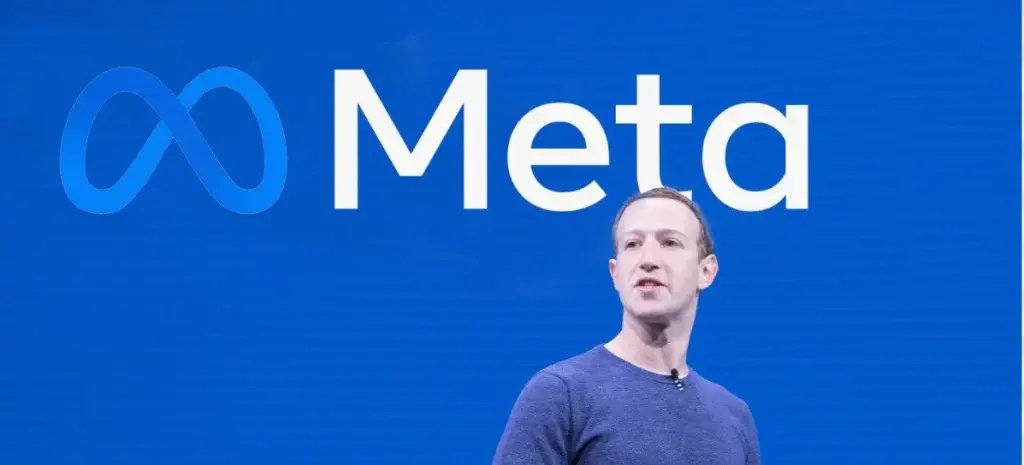On July 20th, the Nigerian government imposed a significant fine of $2.2 million (about 1.6 billion yuan) on Meta, the parent company of Facebook and WhatsApp, as reported by The Associated Press. This penalty is a result of an investigation that discovered Meta’s repeated breaches of Nigeria’s data protection and consumer rights laws.
Investigation Findings
The Federal Competition and Consumer Protection Commission of Nigeria (FCCPC) detailed several specific violations uncovered during their investigation. These included unauthorized sharing of Nigerian user data, depriving consumers of their right to control their data, engaging in discriminatory practices, and abusing its market dominance.
In a statement, FCCPC CEO Adamu Abdullahi expressed the commission’s approval of the collected evidence and confirmed that Meta had sufficient opportunity to address the issues. “The committee has now entered the final order and punished the Meta Party,” Abdullahi stated.
Previous Penalties
This substantial fine follows another penalty that Meta faced last month. In June, the Italian Antitrust Authority (AGCM) imposed a €3.5 million (about 27.74 million yuan) fine on Meta for unfair business practices. The AGCM investigation revealed that Meta did not explicitly obtain user consent for collecting and using data for commercial purposes during the Instagram registration process. Furthermore, the Italian regulator found that Meta failed to provide users with proper communication channels to contest suspended Facebook and Instagram accounts. While the AGCM noted that Meta has since corrected these practices, the repercussions of these policy violations are becoming increasingly apparent.


